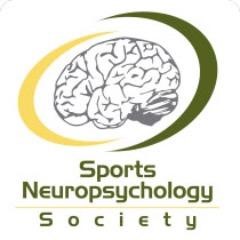Objective: To investigate variables that predict time loss following the diagnosis of sport related concussion (SRC) in Canadian Football Players.
Background: Literature on the timeline to return-to-play (RTP) from SRC remains largely mixed. The most consistent predictor of time loss post SRC is initial symptom report. CFL players have shown a clinically significant deficit on the K-D test post SRC. This study determined if symptoms report and the K-D test, a task of ocular motor function, would provide an indication of time to RTP.
Methods: Subjects included 84 Canadian Football League Players diagnosed with a SRC. The study design was quasi-experimental pretest-posttest. K-D Test and SCAT4/5 were completed at baseline and at the time of concussion during the 2015-2017 seasons.
Result: Mean days lost due to concussion was 24.0 (SD=52); mean SCAT symptoms were 18.0 (SD=20.1); mean K-D test score difference was 3.7 seconds (SD=9.4). The time loss significantly correlated with the SCAT symptoms (p=0.034) and K-D Test scores (p=0.02). The regression analysis revealed a significant model with SCAT symptoms and K-D Test scores predicting time lost (r2=0.077, F(2,82) = 3.45, (p=0.037)).
Conclusion: K-D difference scores and SCAT post injury scores may be an indicator of time loss in CFL players; however, the variance accounted by this formula was low (8%).
Summary Points:
- Ocular motor functioning, an area assessed by the K-D Test, has been suggested as a potential predictor of slow return-to-play.
- K-D Test scores and SCAT symptoms were significantly correlated with time loss (time away from play).
- Mean K-D Test difference pre- to post-concussion was 3.7 seconds for the Canadian Football League Players.
- K-D Test difference scores and SCAT post injury scores may be an indicator of time loss in CFL players.

